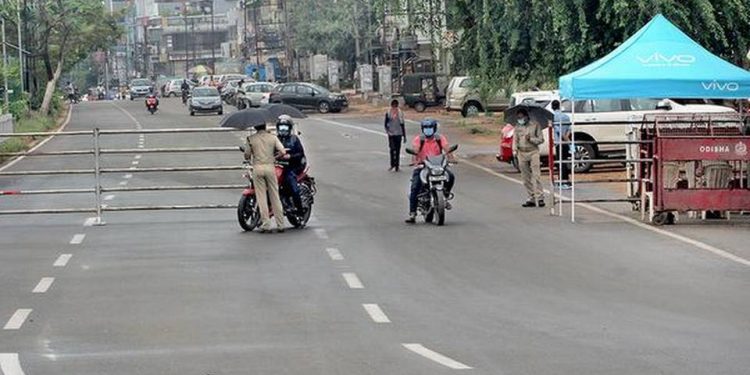Prof SN Misra
After the fall of Berlin Wall, Francis Fukuyama had said that the fall epitomised the end of all ideology, particularly of Socialism, and the advent of liberal democracy. When the book ‘End of History’ was slipped under the door of Margaret Thatcher, the promoter of free market, the iron lady had observed, “Do not be too sure of history.” Covid-19 seems to convey that neo-liberal capitalism and free market philosophy do not form the end point of public policy. It has to give a way to a more empathetic and interventionist state, which takes charge of the most vulnerable of the populations.
Milton Friedman, the apostle of privatisation, had observed: “The government solution to a problem is usually as bad as the problem.” He would be turning in his graves, the way the Indian government handled the problem of mass hunger by bailing out the migrants and the poor from the quagmire of starvation.
One of the swirling debates globally has been whether life is more important or livelihood. The Supreme Court in the famous case of Olga Tellis Vs. Bombay Municipal Corporation (1985) had decreed that Right to Livelihood for pavement dwellers was indeed a Right to Life as incorporated in Article 21. Because of such expansive reading of what life constitutes, Right to Livelihood had become the sine quanon of Right to Life. Therefore, most countries have chosen to embrace the path of finding employment opportunities for all those who have been seriously affected by the lockdown of economic activities, rather than forcing them to scurry for cover behind closed walls.
The worst possible nightmare that the USA faced was the great economic depression of the 1930s. This was a time when classical economists were proven wrong, that the economy would recover in due course. John Maynard Keynes in his magnum opus “General Theory” (1936) suggested that providing employment to people affected by the economic depression would break the logjam of perennial depression. President Franklin D. Roosevelt adopted the New Deal Programme and the US, by 1944, not only achieved near-full employment but became the most dominant global power.
Therefore, India must not get into a syndrome of giving endless doles to its poor but must rev-up its public employment schemes like MNREGA, invest far more in health, education, skilling and infrastructure — some 10 per cent of GDP, as against 5 per cent allocation now. India must also come out of the rigid mindset of adhering to the FRBM target, and contain fiscal deficit to around 3 per cent of GDP. Unusual times call for new approaches. Government must encourage greater fiscal stimulus than it has done so far and increase its investment in the neglected social sector which is responsible for the low Human Development Index of India. The NCAER believes that fiscal deficit can zoom up to 10 per cent!
The lockdown must not waylay our public policy on populist lines but on a pragmatic premise of redeeming the Gandhian pledge of providing economic justice to the lowest rungs of society. India has to embrace an alternative development model which gives higher priority to human development rather than pursuing mindless growth, by allowing market forces to proliferate. Neo-liberalism must give way to an alternative development model, which assures five basic rights to all – namely, quality education and heath at affordable cost, adequate nutritional intake, old age support and pension and employment. Even Boris Johnson, Britain’s PM from Conservative party, has called for a New Deal in Britain and he breaks free from Adam Smith’s dictum that “Market forces, as if by an invisible hand, will promote welfare of all.” The pandemic has disproved such romanticisation of unregulated markets.
Thomas Burton Bottomore believed that the role of elites is invaluable for a society. Those like teachers in a society, as knowledge warriors, have a major role to play, both in clearing cobwebs of old ideas and ushering in a just society, where technology will be a great enabler and students will be its helmsmen.
The writer is a professor of Economics.







































